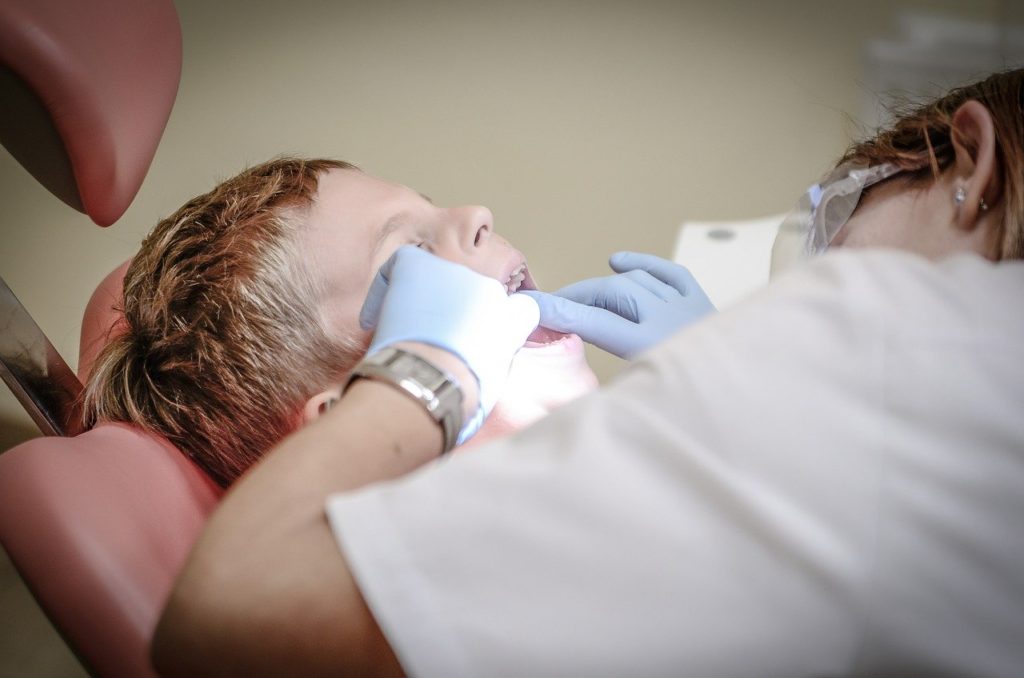Oral-screening is a doctor’s way of examining the possibility of having a particular disease or infection in your mouth. The process comes with loads of benefits, and so it is of great essence to make it regular. You might get an oral disease and take longer before noticing it since some of the infections take longer before showing any symptoms. However, consistent screening puts you on the safe side. The possibility of detecting diseases is dependent on the detectability phase that allows early detection.
The practical gain of oral screening brings the assumption that timely detection gives room for interventions, making it easier to treat the natural course. The theory then may help counter the disease and prevent escalation. We can, therefore, consider a regular oral screening as a secondary means of prevention.
Benefits
Beyond countering the course of the disease, there are other attentions that we must address any time an oral screening procedure is in place. The benefits revolving around health improvement needs to be in line with other factors. Such factors may include the cost of the process, ethics, and ability of intervention, among many others. The patient should also acquire knowledge concerning the possible side effects of the entire process.
The benefits of oral, general screening may change from one individual to another. All the same, there are more pros than cons. As health improvement presents itself as a primary benefit, there are secondary benefits too. Preventive processes that follow early detection come loaded with numerous secondary benefits. Reduced cost and time are just examples of the benefits to reap.
It is advisable to have an oral cancer screening, which may help determine whether there are any risks. The process aims at discovering early indications of cancer before an advanced stage takes control. It is less costly to obtain treatment for oral cancer if detected early.
What to Expect
During an oral cancer screening, the dentist employs numerous tools to find any stains or infections. The process involves feeling the oral tissues to see if there is any swelling or defects. Any oral deficiency warrants further lab tests to find out if there are any risks.
Visiting the dentist every six months will not be the appointment that everybody appears forward to, but it is far one of the most crucial ones to preserve. In case you are thinking about skipping a dental checkup because of cost, time, or dental anxiety, be sure to keep in mind all of the risks. You might end up paying ultimately for not visiting your dentist timely.
Oral cancer is a severe disorder that manifests in various approaches. Without knowing the signs and symptoms of its early onset, oral cancer may not be identified and might progress, causing irreversible consequences. Thankfully, timely oral cancer detection reduces the chances of escalation and is easy to manage. Dentists have extensive training to recognize early signs and symptoms, and with consistent checkups after every six months, the chances of developing oral cancer are relatively low. Detecting oral cancer timely increases the chances of treating it efficiently, and reduces the chances of oral defects.
A VELscope cancer observation does not cause discomfort, and it is less or not painful at all. The process only takes a few minutes, so you do not have to worry about time. The examination helps to discover hidden signs of inactive tissues caused by developing tumors. The dentist uses a unique light to observe the internal parts of your mouth, making it easy to detect any defect, however small they might be.
Conclusion
Brushing teeth daily or even using mouth-washing agents is never enough. That is because the toothbrushes we use are not diligent enough to clean each corner of the mouth. Similarly, when dirt builds up at the far edges of your mouth, it isn’t easy to clean it by using a toothbrush. Oral health is entirely a sensitive matter, and regular checkups should be inevitable. We should, however, never gamble with oral hygiene, even with the checkups in place.



